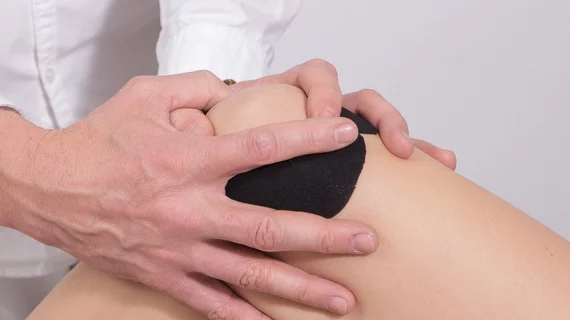Australia hopes to reduce unnecessary imaging, surgery with updated osteoarthritis guidelines
The Royal Australian College of General Practitioners (RACGP) has issued updated guidelines for knee and hip osteoarthritis management, with an aim to reduce unnecessary imaging, surgery and medication across the continent.
Updated for the first time in eight years, the new recommendations suggest preventative and lifestyle treatments for most cases rather than medication, surgery or acupuncture, according to a story from GACGP’s newsGP.
For example, “The Guideline for the management of knee and hip osteoarthritis,” offer up exercise and weight loss as a first line defense, and warn against costly treatments using glucosamine, opioids and arthroscopic surgery, said David Hunter, co-chair of the RACGP group responsible for the update.
“The vast majority of people who have osteoarthritis have a number of other comorbidities that these interventions should be helping, as well,” Hunter told newsGP. “The change in direction of management of this illness will provide the opportunity for people to live healthy and active lifestyles for years longer than before.”
Read the entire updated guidelines here.

